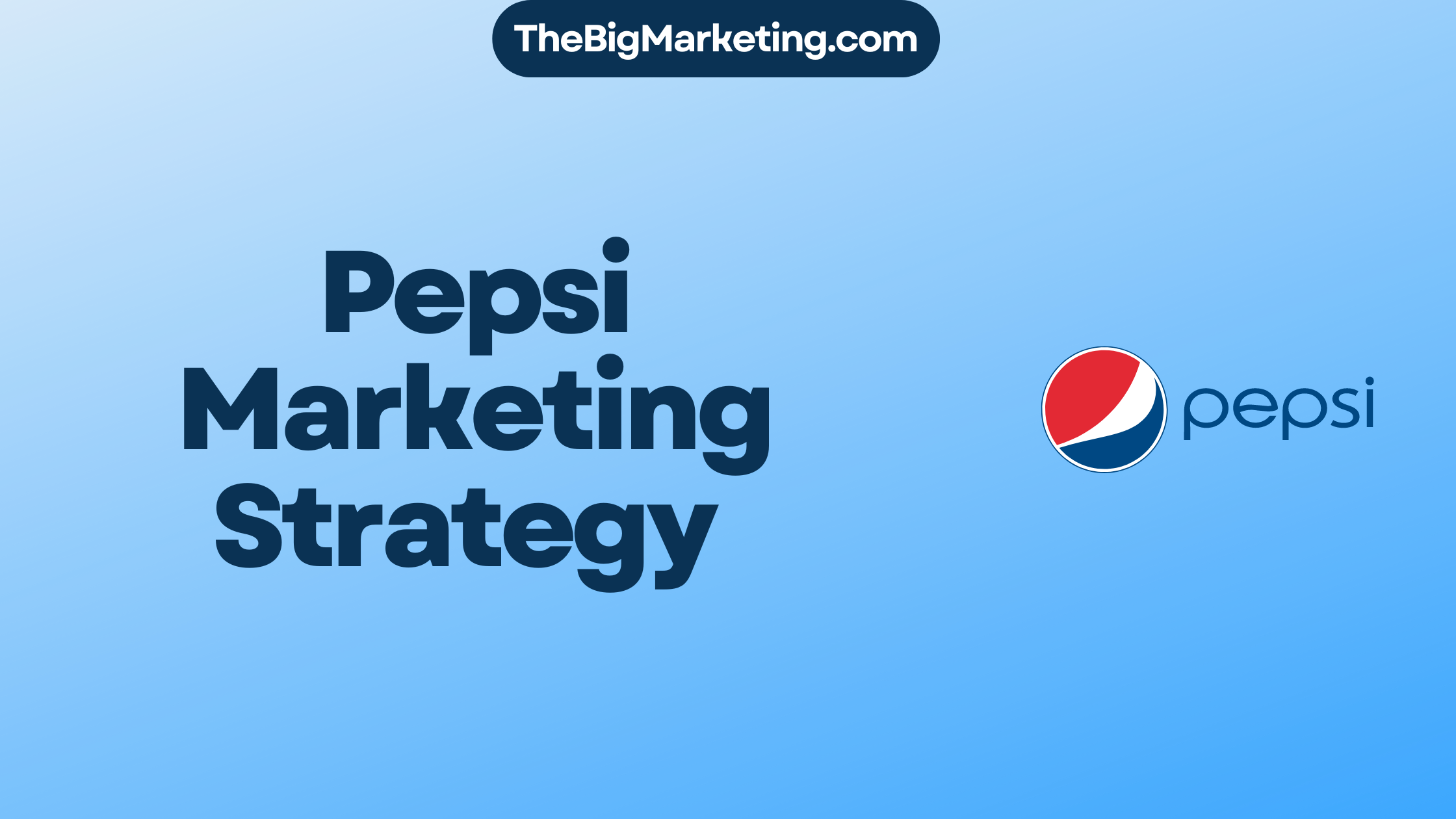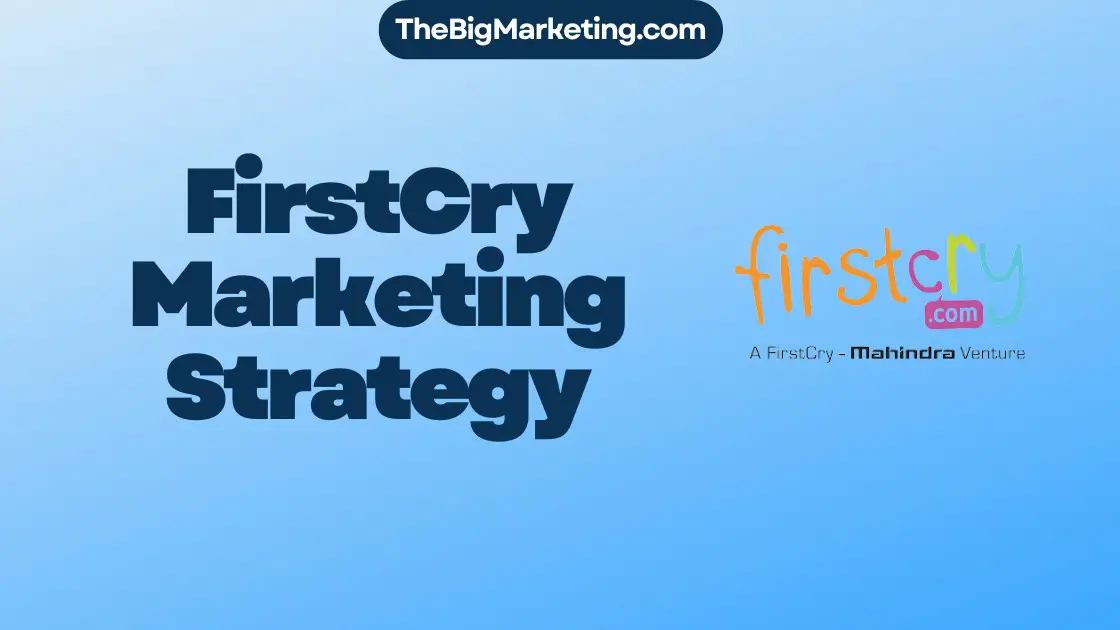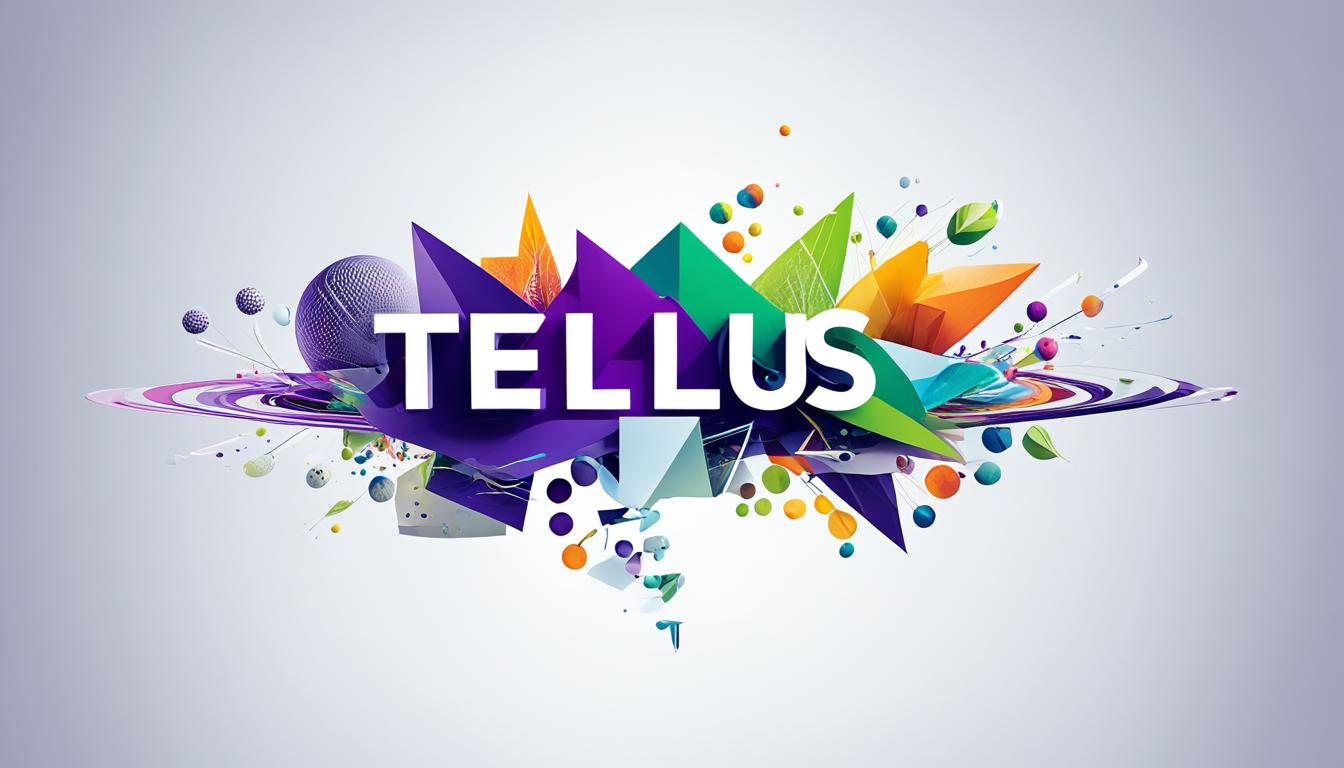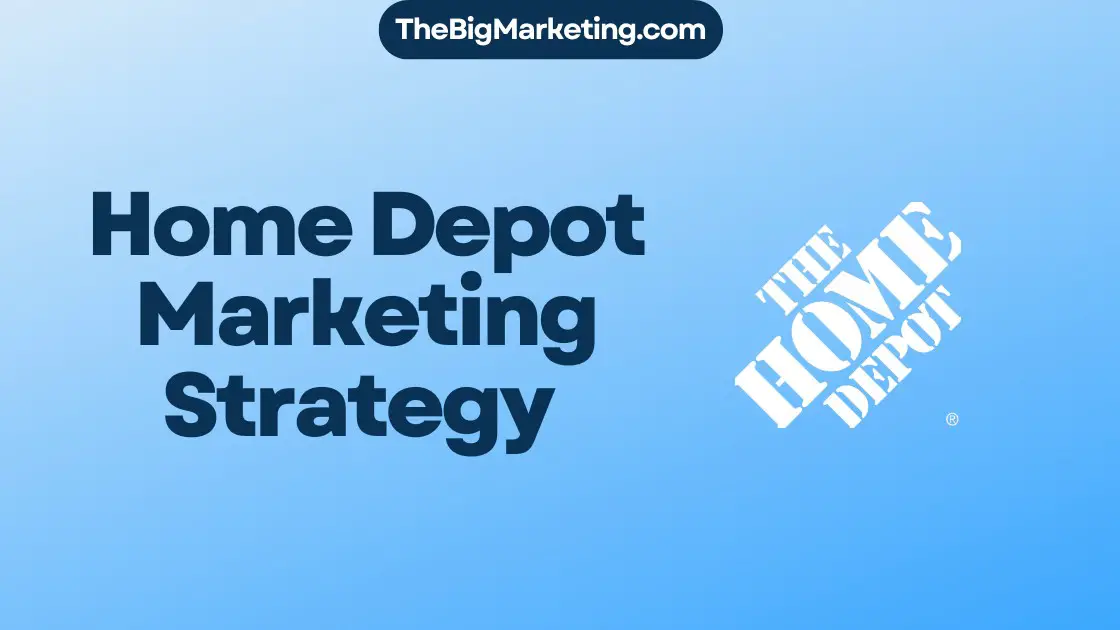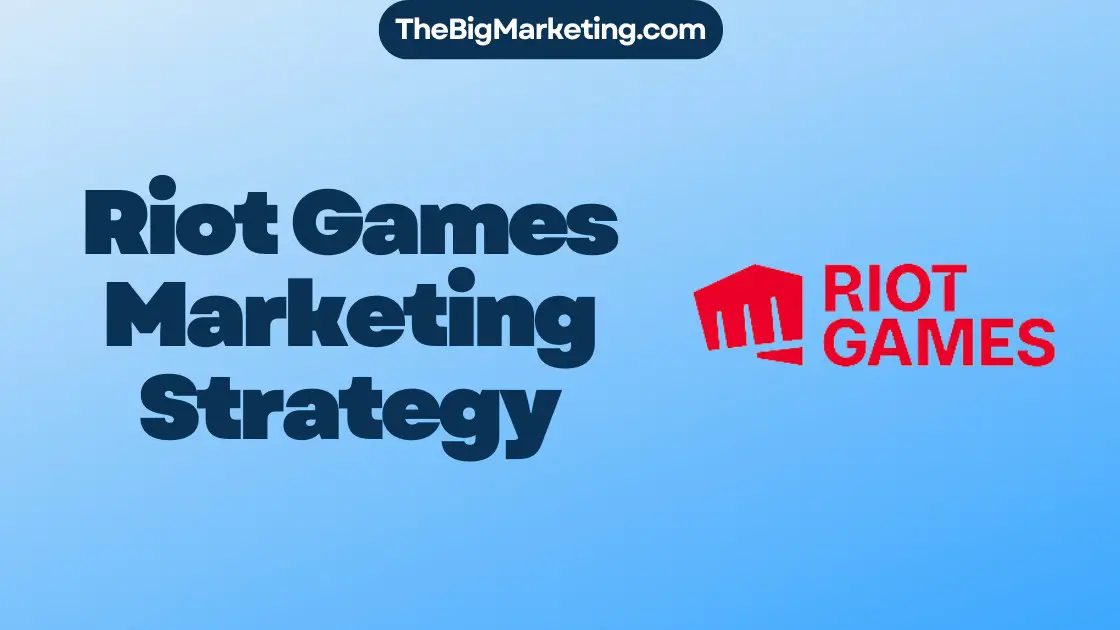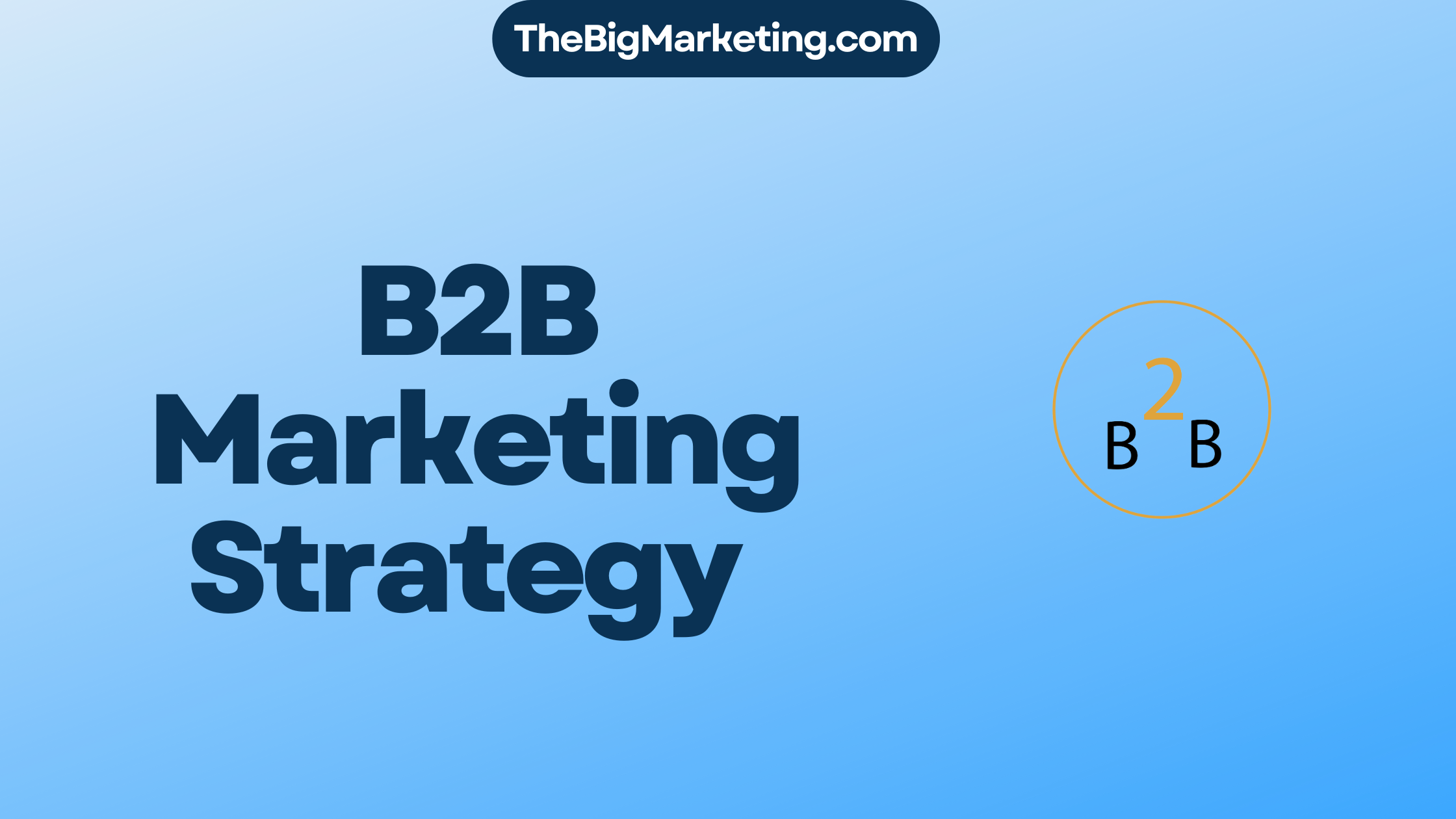In 2024, social media will play a significant role in the battle for the attention of healthcare professionals (HCPs). Studies show that a majority of physicians, nurses, and allied health professionals actively use social media for professional purposes. HCPs turn to social media to receive relevant information on their own terms and connect with peers. Savvy marketers can capitalize on this trend by applying AI, experimenting with generative AI, using short-form videos, orchestrating opinions from key opinion leaders (KOLs) and digital opinion leaders (DOLs), mobilizing medical science liaisons (MSLs), utilizing different social media platforms, and leveraging online private social physician communities.
Key Takeaways:
- HCPs actively use social media for professional purposes.
- Social media allows HCPs to receive relevant information and connect with peers.
- AI and generative AI can enhance marketing strategies targeting HCPs.
- Short-form videos are an effective way to engage HCPs.
- Opinions from KOLs and DOLs can influence HCPs’ decision-making.
The Impact of AI in HCP Marketing Strategy
Artificial intelligence (AI) is revolutionizing healthcare marketing by enabling data aggregation, machine learning, and personalized content creation. In HCP marketing strategy, AI plays a crucial role in aggregating and connecting datasets to facilitate targeting and relationship building. Through AI-powered algorithms, marketers can collect and analyze data with privacy and regulatory considerations in mind, allowing for more effective engagement with healthcare professionals (HCPs).
One of the key benefits of AI in HCP marketing is its ability to leverage data aggregation. By bringing together disparate datasets from various sources, AI enables marketers to gain comprehensive insights into HCP preferences, behaviors, and needs. This aggregated data can then be used to develop targeted marketing campaigns that resonate with HCPs on a deeper level.
Moreover, machine learning algorithms powered by AI can analyze the aggregated data to identify patterns and trends in HCP engagement. This analysis helps marketers determine what strategies and content resonate most effectively with their target audience. By understanding which marketing approaches are most successful, marketers can optimize their campaigns for better engagement and return on investment (ROI).
Another area where AI makes a significant impact is in content creation. AI tools can be used experimentally to generate compelling and informative content tailored to the interests and preferences of HCPs. By harnessing the power of AI in content creation, marketers can automate and streamline the process, saving time and resources while delivering high-quality content to HCPs.
Data Aggregation and Targeting
AI facilitates data aggregation in healthcare marketing by collecting and connecting datasets from various sources, including electronic health records (EHRs), social media platforms, and clinical research databases. These datasets provide valuable information on HCP demographics, specialties, interests, and behavior patterns.
With the help of AI, marketers can then segment their target audience based on these insights and develop highly personalized marketing messages. By targeting HCPs with relevant and tailored content, marketers can build stronger relationships and achieve better engagement and conversion rates.
Enhanced Relationship Building
A key aspect of successful HCP marketing is relationship building. Through AI-enabled strategies, marketers can gather and analyze data on HCP preferences and behaviors, allowing for the development of personalized communication strategies.
For example, AI tools can track HCP engagement with marketing materials and identify the most effective touchpoints. This information enables marketers to tailor their interactions and messaging to meet the unique preferences of each HCP. By delivering personalized communications, marketers can foster stronger relationships and increase the likelihood of HCPs choosing their brands for medical products and services.
Privacy and Regulations
As technology advances, the privacy and regulatory concerns surrounding data usage become increasingly important. AI solutions for HCP marketing take these concerns into account by applying privacy and regulatory compliance measures.
With AI, marketers can ensure that data collection and analysis adhere to both internal policies and external regulations, such as the Health Insurance Portability and Accountability Act (HIPAA) in the United States. By prioritizing privacy and compliance, marketers can build trust with HCPs, resulting in increased engagement and brand loyalty.
| Benefits of AI in HCP Marketing Strategy | |
|---|---|
| 1. Data aggregation AI enables marketers to aggregate datasets, providing comprehensive insights into HCP preferences and behaviors. |
2. Personalized targeting AI helps marketers segment their target audience and deliver tailored marketing messages to HCPs. |
| 3. Machine learning analysis AI-powered algorithms analyze data to identify patterns and optimize marketing strategies. |
4. Content creation AI tools can generate personalized and engaging content for HCPs. |
| 5. Enhanced relationship building AI enables marketers to deliver personalized communication, fostering stronger relationships with HCPs. |
6. Privacy and regulatory compliance AI solutions prioritize privacy and compliance, building trust with HCPs. |
The Power of Short-Form Video in HCP Marketing Strategy
Short-form video has emerged as a powerful tool to capture the attention of time-pressed healthcare professionals (HCPs) in today’s fast-paced digital landscape. With the ability to convey information quickly and effectively, brands can leverage short-form videos as part of their HCP marketing strategy to engage and educate their target audience.
One effective approach is to feature key opinion leaders (KOLs) and digital opinion leaders (DOLs) in these videos. By showcasing the expertise and insights of trusted opinion leaders, brands can establish credibility and foster trust among HCPs. KOLs and DOLs can provide valuable perspectives on various healthcare topics, ranging from clinical trial data to excerpts from congress presentations.
Clinical trial data is an integral part of healthcare marketing, and incorporating it into short-form videos can be highly impactful. These videos can highlight key findings, demonstrate treatment efficacy, and provide HCPs with valuable insights to support their decision-making process. Additionally, including mechanism of action (MoA) animations can help HCPs understand the underlying science behind a particular drug or treatment, making complex concepts more accessible.
Engaging HCPs through Various Channels
To maximize the reach and impact of these videos, brands should consider delivering them through multiple channels. Social media platforms such as LinkedIn, Twitter, and Facebook can be effective for distributing videos to a wide audience of HCPs. Email campaigns targeted specifically to HCPs can also help ensure that these videos reach their intended recipients.
Furthermore, face-to-face interactions with pharmaceutical representatives allow for direct engagement with HCPs, providing an opportunity to share videos and have meaningful discussions. This personal touch can enhance the impact of the videos and further solidify the connection between the brand and the HCP.
TikTok: A Platform for Pharma Marketers
In the era of social media dominance, TikTok has emerged as a popular platform with a vast audience. With approximately 4.7 million self-identified healthcare professionals on TikTok, pharma marketers can leverage this platform to reach a large number of HCPs. TikTok’s engaging and interactive format presents a unique opportunity to convey information in a creative and captivating manner.
Pharma marketers can explore innovative ways to utilize TikTok for their marketing efforts. From educational videos to showcasing the human side of healthcare, TikTok allows brands to connect with HCPs on a more personal level. By employing creative storytelling techniques and leveraging popular trends, pharma marketers can captivate HCPs and foster engagement.
Orchestrating Opinions for HCP Engagement
The democratization of medical news and information has revolutionized the way marketers can engage with healthcare professionals (HCPs) through influencer marketing in healthcare. By strategically orchestrating the sources and platforms for information flow, brands can effectively communicate their message to HCPs.
Influencers play a significant role in shaping opinions and driving conversations within the healthcare industry. Traditional key opinion leaders (KOLs), who are respected experts in their fields, have long been influential figures for HCPs. However, the rise of digital opinion leaders (DOLs) has opened new avenues for engagement.
Both KOLs and DOLs possess the expertise and credibility needed to influence HCPs’ opinions. Marketers can leverage their influence by collaborating with them and integrating their perspectives into their marketing strategies. By partnering with KOLs and DOLs, brands can engage HCPs in a meaningful way.
One effective way to engage HCPs is by mixing academic, scientific, and practical data in marketing campaigns. By presenting a well-rounded and comprehensive view of the subject matter, marketers can create avenues for stronger engagement, conversation, and persuasion.
Furthermore, engaging HCPs during Phase III trials of new drugs is crucial. By involving them in the scientific process and seeking their opinions, marketers can foster a sense of ownership and inclusion. This approach not only generates valuable insights but also builds trust and loyalty among HCPs.
Overall, the orchestration of opinions from key opinion leaders and digital opinion leaders is a powerful strategy for engaging healthcare professionals. By combining their expertise, mixing academic and practical data, and involving them in the scientific process, marketers can create impactful campaigns that resonate with HCPs and drive meaningful engagement.
| Key Opinion Leaders | Digital Opinion Leaders |
|---|---|
| Respected experts in their fields | Influential figures on digital platforms |
| Long-established credibility among HCPs | Ability to reach a wide audience through digital channels |
| Often engaged in scientific research and academia | Active contributors to online healthcare discussions |
Leveraging Medical Science Liaisons (MSLs) in HCP Marketing
Peer-to-peer communication is increasingly driving the reliance on social media platforms for healthcare professionals (HCPs) to connect with others facing similar treatment considerations or in similar patient populations. In this context, medical science liaisons (MSLs) play a crucial role in facilitating effective communication between HCPs. They actively participate in webinars, digital forums, and panel discussions, offering their expertise and insights to enhance knowledge sharing and collaboration among HCPs.
MSLs act as vital bridges between commercial and medical affairs teams, contributing to valuable conversations in online physician communities. Their collaboration with pharma representatives and the counsel they provide to physicians make them key players in the marketing process. By engaging in peer-to-peer communication, MSLs foster trust and establish themselves as credible sources of information within the healthcare community.
Webinars and panel discussions present ideal opportunities for MSLs to share the latest advancements, clinical data, and perspectives on emerging treatments. These interactive platforms allow the direct exchange of insights and the synergy of ideas, enabling HCPs to stay updated and informed. MSL participation in such initiatives demonstrates the commitment of pharmaceutical companies to deliver accurate and relevant information to HCPs.
To effectively leverage MSLs in HCP marketing strategies, it’s crucial to prioritize collaboration between commercial and medical affairs teams. This collaboration ensures seamless coordination, consistent messaging, and accurate representation of products and their scientific data. By integrating MSLs into the marketing process, pharmaceutical companies can strengthen their relationships with HCPs and establish a foundation built on trust and expertise.
Collaboration, peer-to-peer communication, and engagement with MSLs in webinars and panel discussions are essential components of a comprehensive HCP marketing strategy. By embracing the involvement of MSLs, pharmaceutical companies can leverage the knowledge and expertise of these liaisons to foster meaningful connections and deliver valuable scientific information to HCPs.
Benefits of Leveraging Medical Science Liaisons (MSLs) in HCP Marketing
| Benefits | Description |
|---|---|
| Enhanced Communication | MSLs facilitate peer-to-peer communication, fostering knowledge sharing and collaboration among HCPs. |
| Improved Credibility | By participating in webinars and panel discussions, MSLs establish themselves as trusted sources of information within the healthcare community. |
| Accurate Representation | The collaboration between commercial and medical affairs teams ensures consistent messaging and accurate representation of products and scientific data. |
| Expertise and Insights | MSLs contribute their expertise and insights to guide HCPs in making informed decisions about treatments and medications. |
The Changing Landscape of HCP Social Media Platforms
HCPs are embracing social media platforms as valuable tools for professional networking, information sharing, and collaboration. As the digital landscape evolves, different platforms are emerging as hubs for specific purposes within the healthcare community.
LinkedIn, with its professional focus, has become a prime distribution channel for clinical trial data, journal articles, and congress presentations. HCPs utilize LinkedIn to stay updated on the latest research and network with colleagues in their respective fields.
Private Facebook groups have also gained popularity among specialists seeking to trade ideas and opinions. These groups offer a secure and engaging environment where physicians can connect on a deeper level and discuss complex medical cases.
Twitter, which was once a prominent platform for HCP-oriented pages, has witnessed changes in recent years. Some HCP groups are now migrating to other platforms such as WhatsApp and LinkedIn. These shifts allow for more targeted and focused discussions within specialized communities.
To help you navigate this evolving landscape, we’ve summarized the key features and benefits of each platform in the table below:
| Platform | Key Features | Benefits |
|---|---|---|
| Professional networking Distribution of clinical trial data, journal articles, and congress presentations |
Access to latest research Opportunity to connect with colleagues Enhanced professional visibility |
|
| Private Facebook Groups | Specialized forums for trading ideas and opinions | Secure and engaging environment to discuss complex medical cases Deeper connections and collaboration |
| New Platforms like WhatsApp and LinkedIn | Targeted discussions within specialized communities | Focused exchange of knowledge and experiences Opportunity to connect with like-minded professionals |
Understanding the strengths and purposes of these platforms can help you strategically leverage social media to engage with HCPs and strengthen your healthcare marketing efforts.
Capitalizing on Fearless Forums in HCP Marketing
As healthcare professionals (HCPs) seek secure platforms to exchange scientific information and clinical perspectives, online private social physician communities, also known as “Walled Gardens,” have emerged as valuable channels. These communities provide a trusted environment for HCPs to connect and engage with their peers. Marketers can tap into the potential of these forums to reach their target audience effectively.
Unlike public social media platforms, private social physician communities offer detailed targeting options, allowing marketers to tailor their messages and content specifically for HCPs. This level of customization ensures that the right information reaches the right audience, increasing the campaign’s effectiveness.
However, it’s important to note that advertising within these communities can come at a higher price compared to public platforms. The demand for targeting and the privacy of these communities contributes to the premium pricing. Yet, the higher cost is often justified by the quality of engagement and trust that these communities foster.
To maximize the impact of marketing efforts, healthcare marketers should consider leveraging online physician communities within their overall strategy. These communities provide a secure and trusted environment for HCPs to access relevant information and engage in discussions, which can generate brand awareness, build credibility, and establish valuable connections.
By strategically targeting and delivering content within these fearless forums, marketers can effectively engage with their intended audience and drive the desired actions. Despite the higher ad prices, the benefits derived from these private social physician communities make them an attractive option for healthcare marketers aiming to make a lasting impact.
Example Table: Comparison of Ad Costs in Online Communities
| Platform | Ad Cost Comparison |
|---|---|
| Public Social Media Platforms | Relatively lower ad prices due to broader reach but with less targeted audience |
| Online Private Social Physician Communities | Higher ad prices due to specific targeting options and trusted environment |
As demonstrated in the example table above, advertising costs within online private social physician communities can be higher than public social media platforms. However, the enhanced targeting options and the environment of trust and expertise that these communities offer justify the investment for healthcare marketers aiming to connect with HCPs effectively.
The Power of PR in HCP Marketing Strategies
Public relations (PR) is a critical component of HCP marketing strategies, offering the potential to increase brand awareness and credibility. Through strategic PR tactics, such as media outreach, press releases, and thought leadership initiatives, pharmaceutical brands can generate positive media coverage and exposure.
By being featured in respected industry publications, brands position themselves as thought leaders in the healthcare space, enhancing their credibility among HCPs. This increased visibility establishes trust and fosters brand recognition, ultimately driving engagement and loyalty.
Thought leadership initiatives play a vital role in PR strategies, allowing pharmaceutical companies to showcase their expertise and insights in their respective fields. By leveraging key opinion leaders (KOLs) and their endorsements, brands can amplify their reach and influence.
Collaborating with KOLs not only enhances the brand’s reputation but also provides a platform for in-depth discussions and educational opportunities. This collaboration allows HCPs to gain valuable insights, promoting engagement and fostering lasting relationships.
When executed effectively, PR initiatives can drive brand awareness, increase media coverage, and position pharmaceutical brands as trusted sources of information. Through strategic partnerships with KOLs and thought leadership efforts, companies can establish themselves as industry leaders, ultimately impacting HCP decision-making and driving business results.
| Benefits of PR in HCP Marketing | Examples |
|---|---|
| Increase brand awareness | Securing media coverage across industry publications |
| Establish credibility | Being featured as a thought leader in reputable forums and conferences |
| Amplify reach and influence | Building relationships with key opinion leaders and leveraging their endorsements |
| Enhance engagement with HCPs | Thought leadership initiatives and educational collaborations |
By incorporating PR into their marketing strategies, pharmaceutical companies can elevate their brand’s visibility and credibility among HCPs, ultimately driving business success in the competitive healthcare landscape.
Conclusion
In summary, a successful HCP marketing strategy in 2024 requires a comprehensive and targeted approach. Leveraging the power of social media, marketers can connect with healthcare professionals (HCPs) on platforms they actively use for professional purposes. By incorporating AI, brands can aggregate and analyze data to improve targeting and relationship building. Short-form videos featuring influential leaders and clinical trial data can effectively engage HCPs, especially when delivered through multiple channels.
Orchestrating opinions from key opinion leaders and digital opinion leaders can create stronger engagement and conversation. Mobilizing medical science liaisons further facilitates peer-to-peer communication and collaboration. Taking advantage of different social media platforms tailored to HCP needs enhances reach and engagement. Engaging in online physician communities provides a secure and trusted environment for information exchange. Furthermore, integrating PR tactics such as media outreach and endorsements from key opinion leaders can boost brand awareness and credibility.
By adopting a multichannel approach and delivering personalized content, pharmaceutical companies can foster brand loyalty among HCPs. Understanding the specific preferences and needs of healthcare professionals is crucial for creating effective marketing campaigns. With these strategies in place, companies can enhance engagement, drive measurable results, and establish a strong presence in the evolving landscape of HCP marketing.
